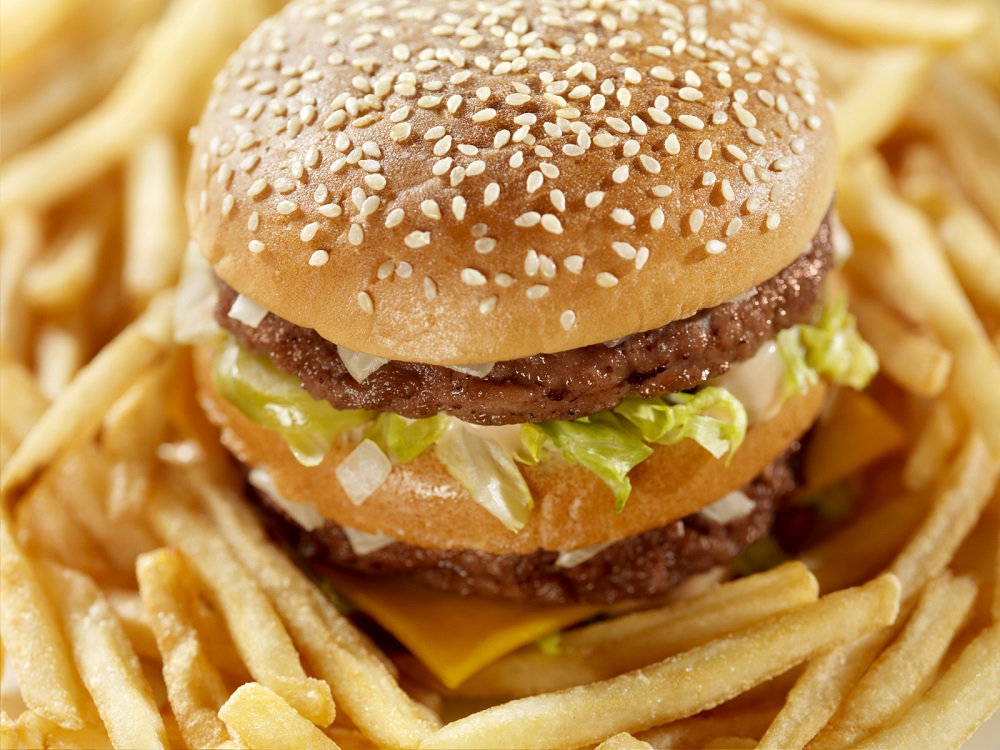LONDON, July 18 — New research has found that when it comes to diet, eating fat appears to be the only cause of weight gain, at least in mice.
Carried out by scientists from the University of Aberdeen, UK, and the Chinese Academy of Sciences, the study is the largest of its kind to investigate which components of diet — fat, carbohydrates or protein — caused mice to gain weight.
The team fed the mice 30 different diets varying from 8.3 per cent to 80 per cent fat, 10 per cent to 80 per cent carbohydrate, 5 per cent to 30 per cent protein, and 5 per cent to 30 per cent sucrose for a period of three months, the equivalent to nine years in humans.
They then recorded over 100,000 measurements of body weight changes and measured body fat using a micro MRI machine.
The results showed that only dietary fat was associated with increased energy intake and weight gain, with lead author Professor John Speakman commenting that, “The result of this enormous study was unequivocal — the only thing that made the mice get fat was eating more fat in their diets.”
“Carbohydrates including up to 30 per cent of calories coming from sugar had no effect. Combining sugar with fat had no more impact than fat alone. There was no evidence that low protein (down to 5 per cent) stimulated greater intake, suggesting there is no protein target. These effects of dietary fat seemed to be because uniquely fat in the diet stimulated the reward centres in the brain, stimulating greater intake,” he explained.
So far it has been difficult to establish which part of the typical diet causes weight gain in humans, as food consists of a combination of fat, protein and carbs, and it is difficult to control diets for long enough in humans to see which components are the most important.
Previous studies have also provided conflicting results, suggesting increased dietary fat, increased carbohydrates (particularly sugars), or reduced protein may all drive overeating and lead to obesity.
However, studies on animals that are similar to humans can help shed light on the subject.
“A clear limitation of this study is that it is based on mice rather than humans,” noted Professor Speakman, “However, mice have lots of similarities to humans in their physiology and metabolism, and we are never going to do studies where the diets of humans are controlled in the same way for such long periods. So the evidence it provides is a good clue to what the effects of different diets are likely to be in humans.”
The results can be found published online in the journal Cell Metabolism. — AFP-Relaxnews






















